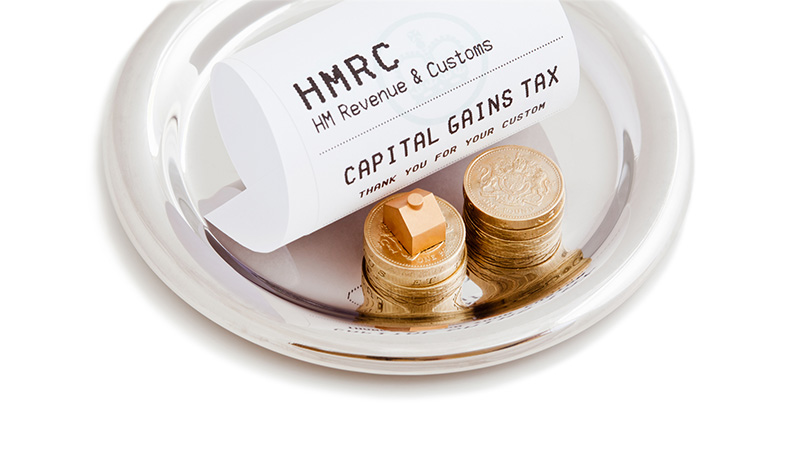Chancellor Rachel Reeves has hiked the higher rate of capital gains tax (CGT) from 20% to 24% in the Autumn Budget.
The lower rate will increase from 10% to 18%. However, Reeves said this will still be the lowest rate of CGT in any European G7 country.
Previously, those with gains above the threshold had to pay 20% on profits from assets such as shares, or 24% from selling additional property.
Rates on residential property will remain at 18% and 24%, respectively.
The previous government reduced the annual exemption to £3,000 in April, while the rate on residential property disposals was dropped from 28% to 24% in the Spring Budget.
Meanwhile, capital gains tax for carried interest, a performance-related reward received by fund managers, has increased to 31%.
See also: Autumn Budget 2024: CPI inflation to average 2.5% in 2024
Reacting to the CGT hike, Sarah Coles, Hargreaves Lansdown head of personal finance, said: “The change is a blow for investors. This could have been worse, with suggestions of a doubling of the rate, but it’s scant consolation for anyone hit with a bigger tax bill.
“This doesn’t just affect those who are hit with a far bigger bill, it also makes investment less attractive for newcomers who don’t want to have to get to grips with a new tax risk. Already far fewer people in the UK invest than elsewhere in the world, and this could compound the problem. For existing investors, there’s a danger this will drive investor behaviour, and people will focus on tax considerations, rather than the investments that make the most sense for their circumstances. There’s also a danger they may hoard the assets – possibly until their death.”
Tony Hicks, head of sales at Copia Capital, added the CGT increase will have “notable implications” for advisers with clients who are holding assets within managed portfolio services (MPS) outside of tax wrappers.
“The rise in CGT will particularly impact high-net-worth individuals and investors, making it more likely these investors will exceed their allowance and pay tax on their investment gains each year. The Consumer Duty mandates that firms actively work to prevent such an adverse outcome for clients that could have been foreseen and acted on.
“We are one of only a few DFMs offering custom portfolios, allowing advisers to have an input into managing the portfolios they are advising their clients to invest in. This gives them the opportunity to react on behalf of their clients to any rebalancing of portfolios that may negatively impact them.”
Brian Byrnes, head of personal finance at Moneybox, says it is important not to dissuade savers from investing.
“The chancellor has had a challenging job balancing the Budget, and the anticipated changes to CGT did come to fruition.
“The challenge with the CGT annual allowance is ensuring it remains fair. It has been reduced considerably in recent years, meaning more people than perhaps intended now fall into this bucket. Thankfully most savers and investors still have the option of saving in tax wrappers such as ISAs an incredible tool for wealth creation and the envy of investors around the world as well as pensions, which become even more attractive after today’s announcement.
“With the government’s goal to foster a savings and investment culture in the UK and boost wealth creation, it’s important that we aren’t disincentivising those early into their wealth-building journey, and are instead encouraging savers to invest and grow their money.”
This story was written by our sister title, Portfolio Adviser








